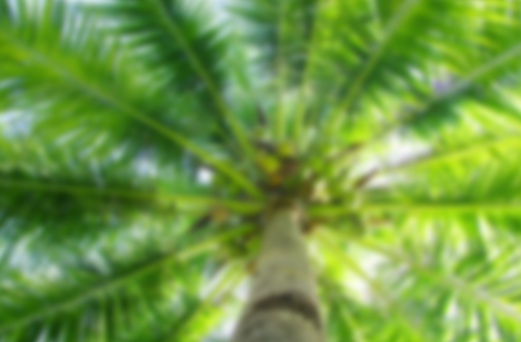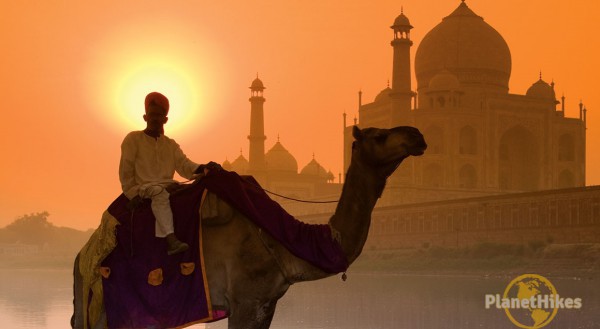India is among the most diverse nations of the world, showcasing a rich history, culture and heritage. To get the maximum out of your tour to India, it would be a good idea to make yourself aware of useful information before you start your journey to this incredible land.
Climate
Best time to visit India is during autumn, winters or spring season when the climate is pleasant and bearable for all. This is between October and April.
If you are planning to travel to the mountainous regions of India, then the months of April to October are ideal.
Travelling in and out of India
To travel to India, you need a valid passport and visa to India. Carry them along with you at all times while when you are in India. Inform your country’s embassy or consulate in case your passport is stolen or lost.
There are few destinations in India (such as Andaman Islands, Ladakh, Arunachal Pradesh, and few more) which you can’t travel without additional permits. Consult your travel agent or embassy while planning your visit to such places.
Under exceptional circumstances 15-Day visa extensions are granted. If you are planning to stay longer than 3 months on non-tourist visas there is a registration requirement. This registration makes the holder eligible for domestic ticket prices.
Travelling within India
Most cities have means of efficient local transportation such as taxis, auto rickshaws, cycle rickshaws, and buses. Private cabs can also be hired.
If you wish to drive on your own, it is important for you to carry an International Driving License.
Indian Railways and domestic airlines services could be availed for inter-city and inter-state transport. Public and Private buses/coaches, taxis and cabs also ferry people across cities and states.
Food
In general Indian food is too spicy for the people from Western Countries. Indulge in only if you have a stomach for it. If you really wish to try out the Indian food then try out the non-spicy delicacies as even the non spicy variety is exhaustive.
Health
The best way to avoid any ailment is to drink packaged water and eat at authentic places only. Avoid too spicy food or road side foods. Few must haves that you must carry along with you are insect repellent cream, anti-allergic medication for dust, moisturizers, sunglasses and sunscreen.
Clothes
Light cotton clothes for summer and warm/woolen clothes for winter.
Smart Shopping
Learn to bargain when you shop in the local bazaars. Especially for products that do not contain price tag. Do compare a lot before deciding to buy. Be cautious of roadside hawkers trying to sell you semi-precious and precious gems and jewelry.
State emporia and Central Cottage Industries Emporia (major cities have one) are the best bet for fixed prices and a fair idea of the cost with a regular dealer.
Purchasing of items like ivory, fur, animal skins, antiquities and the like are not legal. To purchase them you have to obtain a certificate of legitimate sale and permission for export before leaving the country.
Social Decorum
One is expected to cover the head before entering a religious place
Open your shoes when you enter a religious place
Public display of affection is not appreciated
Except one is at a beach public nudity is not appreciated
Ask for permission before clicking pictures of women and religious complexes. Apart from these, there are few places where photography is prohibited.
Don’t extend your hand for handshake towards woman. Wait for the woman to extend her hand.
The most common gesture of greeting is “Namaste” (join palms of both the hands while folding your elbow upwards to the level of your chest)
Do’s and Don’ts
While travelling carry the attested photocopies of your travel documents and keep the originals in your safely locked baggage.
You will need to fill a Currency Declaration Form along and a Disembarkation Card besides making a verbal declaration of the belongings you are carrying.
Don’t give money to beggars.
Smoking in public places is not allowed.



Comments